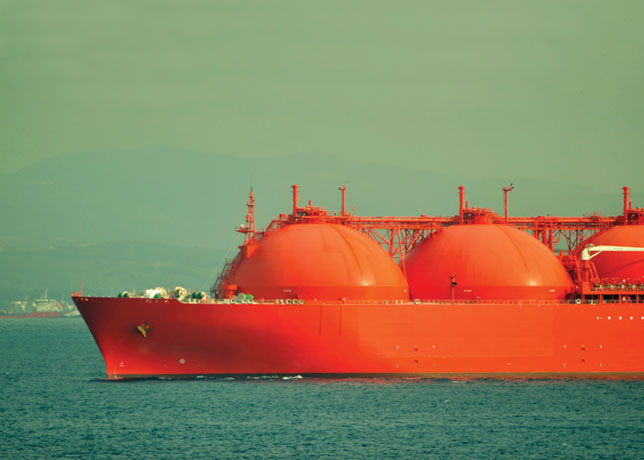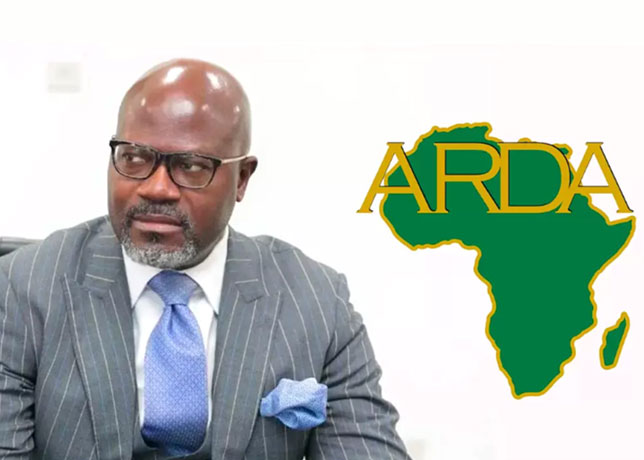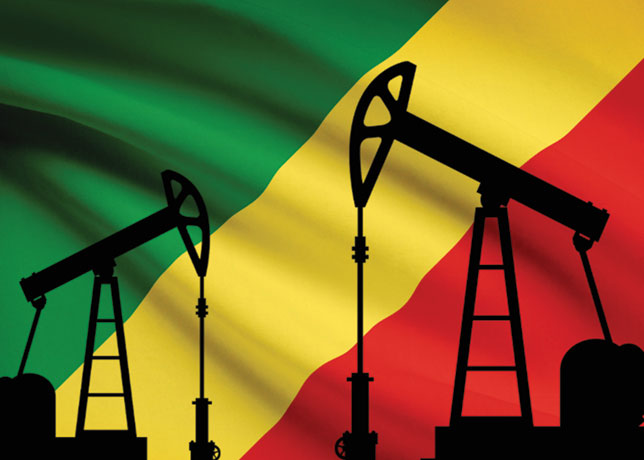
 Anibor Kragha has a plan for Africa's energy sector
Anibor Kragha has a plan for Africa's energy sector
Africa's energy demand is rising and Mauritania, Senegal, the Gambia, Guinea-Bissau and Guinea-Conakry (MSGBC) are growing alongside it. To meet this demand sustainably with minimal carbon footprint, a strategic approach is needed, Anibor Kragha, Executive Secretary of the African Refiners and Distributors Association (ARDA), says in an interview with Energy Capital & Power.
"First, regulators in the MSGBC basin must create favourable frameworks for investment. Second, projects need thorough preparation to ensure they are bankable, with clear scopes, costs and schedules. Third, projects must prioritise low carbon footprints and incorporate ESG considerations. Fourth, we need skilled professionals to execute these projects. With these foundations in place, financing becomes more accessible. The MSGBC platform can play a crucial role in establishing these pillars to attract investment and achieve a sustainable energy future for the region."
What are your views on developing refineries in the MSGBC region?
We are working with the African Union and the African Petroleum Producers Organisation to promote a robust intra-African oil and gas industry. Our goal is to balance energy security and the energy transition while maximising oil production and value addition on the continent to reduce imports and enhance long-term energy security.
In the MSGBC region, with a population of over 30 million, Senegal plays a key role with just over 18 million (people).
The SAR refinery, recently upgraded from 27,000 to 30,000 barrels per day (bpd), plans further expansion, with SAR 2.0 to boost energy security and reduce reliance on imported crude.
Mauritania, with its significant gas potential, adds another dimension to MSGBC's downstream potential especially with regards to an integrated, value-added petrochemicals sector for the region.
How does ARDA plan to implement investment projects and promote best practices in the downstream sector, especially in the MSGBC region?
ARDA enhances Africa's downstream sector through key initiatives such as ARDA Week and seven specialized workgroups, focusing on refining upgrades, associated storage & distribution (S&D) infrastructure development, ESG, adoption of LPG for clean cooking, effective regulatory frameworks, strategic human resource management and cost-effective sustainable project financing.
ARDA collaborates with regulators to create supportive investment frameworks and host investment forums to connect African project developers with financiers.
Our partnership with McKinsey & Company aims to create a register of bankable, sustainable African energy infrastructure projects.
Our association is focused on launching two funds: a $1 billion fund dedicated to investing in large-scale LPG projects and another for upgrading refineries to produce clear fuels via reduced carbon footprints and supporting petrochemical projects. Our goal is to match projects like SAR 2.0 with financiers to secure essential funding to deliver the project within the envisioned timeline.
How crucial are large projects like the Dangote Refinery in overcoming Africa's resource curse?
The Dangote Refinery, with a 650,000-bpd capacity, is the world's largest single-train refinery. Once operating at full capacity, it will produce AFRI 6 (10-ppm sulphur) fuels, significantly boosting Africa's energy security.
With energy demand in Africa projected to grow 45-55 per cent by 2040, the refinery will be a game-changer, reducing the need for imported crude and enhancing energy independence.
ARDA aims to support investments that refine more African crude locally, balancing energy security with a lower carbon footprint.
ARDA is excited about the Dangote Refinery and other key projects, such as upgrades at SIR (Société ivoirienne de raffinage) in Ivory Coast and new refineries in Ghana and Uganda.
How is ARDA balancing the harmonisation of cleaner fuels with the advancement of renewable energies?
ARDA’s vision, encapsulated in the "Tale of Three Decades," outlines a phased approach:
• Decade One (to 2030): Focus on upgrading refineries to produce cleaner fuels, reducing the carbon footprint, promoting LPG for clean cooking, and developing regional S&D infrastructure, while adopting cost-effective renewable technologies such as solar.
• Decade Two (2030 to 2040): Emphasise the integration of biofuels, wind power, and other emerging renewable technologies.
• Decade Three (2040 to 2050): Incorporate advanced solutions such as carbon capture, utilization, and storage (CCUS) and hydrogen, as these technologies become more mature.
How is ARDA working to standardise fuel specifications in Africa?
ARDA has led efforts to harmonise fuel specifications across Africa, notably through supporting the 2020 ECOWAS (Economic Community of West African States) directive adopting AFRI-5 specs of 50 parts per million (ppm) sulfur for fuel.
Africa currently has 11 diesel grades (10 to 10,000 ppm sulfur) and 12 gasoline grades (10 to 2,500 ppm).
ARDA has partnered with UNEP (UN Environment Program) and participated in the 2022 UNEP Africa Meetings with energy ministers in Nairobi to promote cleaner fuel and vehicle emissions standards across the continent.
ARDA has also collaborated with the African Union Commission to deliver reports highlighting the health and socio-economic benefits of adopting cleaner, low-sulphur fuels as well as the costs of upgrading African refineries to produce AFRI-6 (10-ppm sulphur) fuels.
Finally, as part of the OPEC-Africa Energy Dialogue, ARDA continues to work with OPEC, the African Union Commission and the African Petroleum Producers Organization (APPO) on the development of a robust, intra-African oil and gas industry that is focused on eliminating energy poverty while balancing both energy security and energy transition.






































































